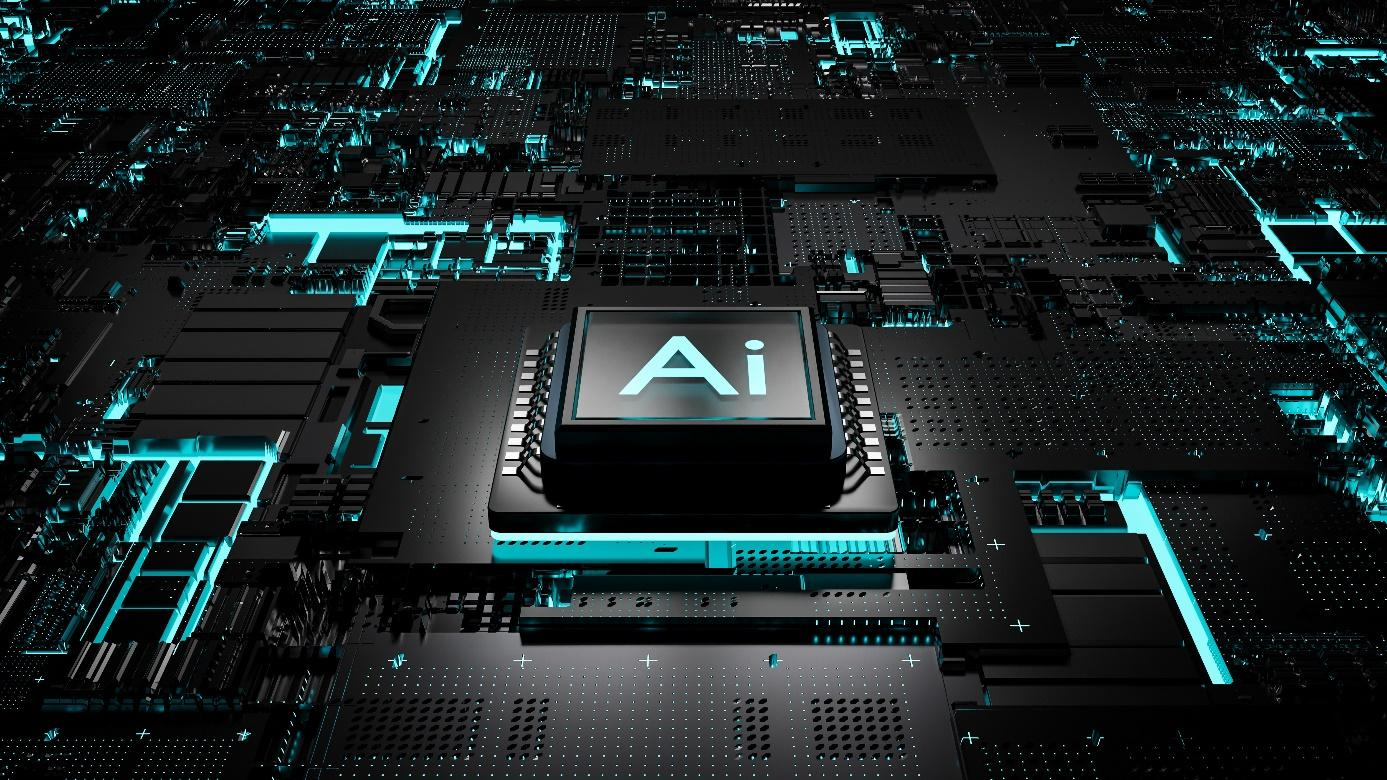Unlock the full potential of education with the power of AI! From boosting student performance to personalized learning, there are countless benefits to integrating AI into the classroom. And with the ever-evolving technology of Generative AI, the possibilities for enhancing education quality are endless. Say goodbye to outdated teaching methods and hello to the future of learning with AI.
In this article, we'll explore the endless possibilities and benefits of using AI in education.
TL;DR
- AI offers a variety of advantages for education, such as improving student performance and personalized learning.
- Generative AI models are used to revolutionize the way people learn, providing access to scholarly resources in a much more convenient manner.
- AI can be used to enhance learning experiences by providing personalized paths, engaging lessons and assessments as well as data-driven feedback.
- AI tools like ZenoChat can be great and economic teachers with a customizable web search toggle.
Overview of AI
Artificial Intelligence (AI) is a type of intelligence that processes information using pre-trained data and algorithms instead of organic inputs and processes. While traditional AI works according to prepared commands and codes, generative AI has the ability to generate new data using the data it has. For this reason, generative AI is getting closer to the human brain and creativity every day. Generative AI is advantageous since it can function constantly without needing breaks of any kind, including rest and sleep.

The Technology Behind AI
Generative AI can produce new data by synthesizing the data it has with natural language processing, machine learning, deep learning, and transformer models. It is designed to generate human-like outputs with neural network technology based on the functioning of the human brain. Generative AI models are trained with large amounts of data, which they process using parameters.
Benefits of AI in Education
Say goodbye to the hassle of traditional research methods and hello to the future of education with Generative AI tools! With these innovative resources, students can access information anytime, anywhere, and with any internet-connected device. No more wasted time trekking to the library or other institutions - the world's knowledge is at your fingertips. Get ready to revolutionize the way you learn with the power of AI.

AI has made it much easier for students to access reliable scholarly resources. Instead of having to spend long hours in the library, they can now use AI-powered tools that quickly deliver the necessary information. It enables them to focus on their studies while AI does the hard work of searching through huge databases of peer-reviewed articles and other resources.
Is AI Good or Bad for Education?
The potential of AI in the field of education is a double-edged sword. On one hand, it can be used to automate tedious tasks such as essay writing, which can lead to a decrease in the quality of learning. On the other hand, if used correctly, AI can help to enhance learning experiences by providing access to reliable sources and allowing learners to explore topics in more depth. Ultimately, how AI is used in education will determine whether it is good or bad.
3 Ways to Use AI in Education
AI can be a great asset for both teachers and students. It can be used to provide personalized learning experiences, enabling students to progress at their own pace and gain insight into difficult topics. AI also has the potential to help educators create engaging lessons and assessments, as well as provide feedback on student performance.
Personalized Learning
Every person learns in different ways and has different levels of knowledge. Therefore, the most successful form of learning is personalized learning. AI-powered tools can be used to create personalized learning paths for each student. By collecting data on a student's performance and preferences, an AI system can suggest specific topics, resources, activities, and study plans.
Enhancing Learning and Teaching
The most effective method to enhance learning with AI tools is for the learner to use AI-powered chatbots. AI chatbots can answer students' questions, provide them with reliable information about specific topics, and generate information with unique narrative methods.

The most effective method to enhance teaching using AI tools is for the teacher to create informative and engaging content, quizzes, assessments, and lesson plans for students. Thus, the teacher can save time and use the remaining time to prepare personalized lessons.
Data Analysis
Teachers can use AI tools developed for data analysis to analyse students' performance and discover their strengths and weaknesses. For example, these tools can be used to analyse each student's strengths and weaknesses by analysing the results of quizzes.

Why Should You Use AI in Education?
Education is a field that progresses linearly with technology and develops by using technology. For this reason, it will be beneficial for both students and teachers to include technological products such as AI in education.
Accessibility
AI tools are more accessible than traditional educational resources. Any device with an internet connection is sufficient to use them. Especially for students with disabilities, it is very convenient to use AI tools for learning purposes. Also, students living in areas far from classrooms can use AI tools to access information.

Breaking Barriers with TextCortex
Neurodivergent individuals often face unique challenges in schools, workplaces, which can impact their satisfaction and overall well-being.
School & companies can take steps to create a more inclusive environment, including offering our AI tool. TextCortex can provide personalized support, an improved communication that can help bridge the gap between other colleagues.
TextCortex will also help neurodivergent individiuals stay on track with their tasks and deadlines: they can use our tool to prioritize tasks and gain guidance on how to complete them while effectively managing their time.
This can help to reduce stress and anxiety, increase productivity and improve overall satisfaction. Learn more about how we are breaking all the barriers and embrace neurodiversity here.
Cost Savings
Why waste a fortune on countless encyclopaedias and publications when you can have an AI tool that has access to a wealth of scholarly resources at a fraction of the cost? Not only is it more affordable but using AI as a teacher is the smart way to go.
AI can be a Great Teacher
You can use AI chatbots as a teacher with prompting and set them up to teach new information. By giving various prompts to AI chatbots, you can change their generation style and get a personalized AI teacher. AI tools with web search toggle and GPT-4 powered can be great teachers with the data they have. But don't forget to double-check the outputs generated by AI chatbots.
Your Customizable AI Teacher: ZenoChat
Whether you're looking for an AI teacher that you can use to learn a new language or to learn your course topics, ZenoChat by TextCortex is designed for you. You can access scholarly internet data with ZenoChat's web search toggle and GPT-4 model.
ZenoChat comes with various personas. One of these personas is Lisa, the language tandem partner. If you are looking for an AI teacher for language learning, this persona is designed for you. If you need an AI teacher for different learning areas, you can create your own virtual persona with ZenoChat's customize your AI feature.
With ZenoChat's knowledge connectors feature, you can customize the data source that it uses, allowing you to enhance the quality of your education. By enabling ZenoChat to produce output using only academic articles, you can ensure that the information you receive is reliable and accurate. This feature takes your learning experience to the next level by providing you with high-quality resources that are tailored to your specific academic needs.

%20(4).png)
%20(6).png)
%20(5).png)
%20(4).png)